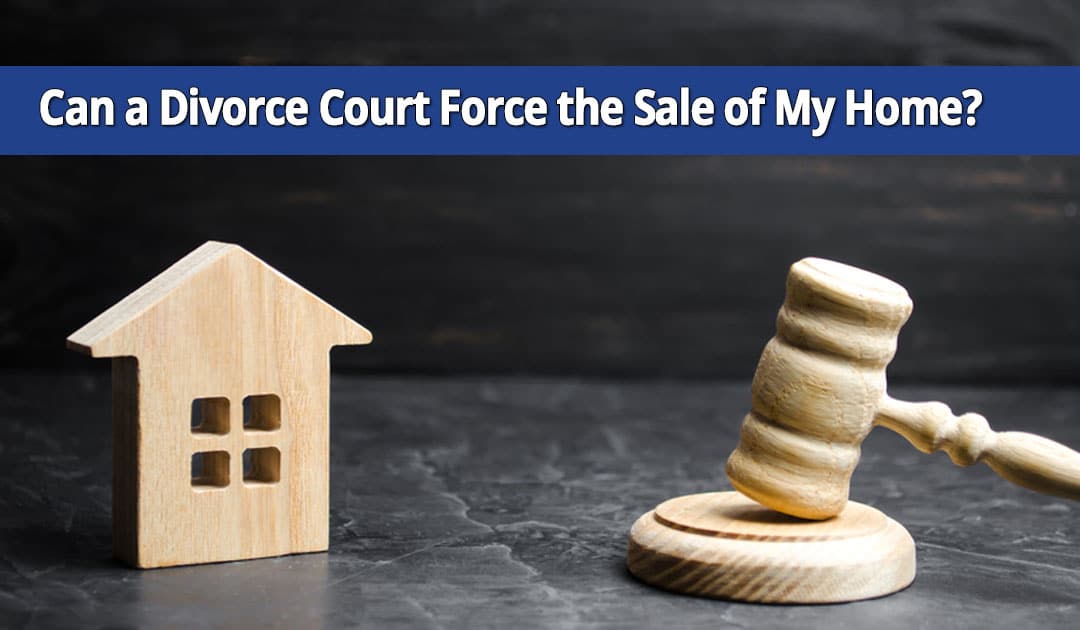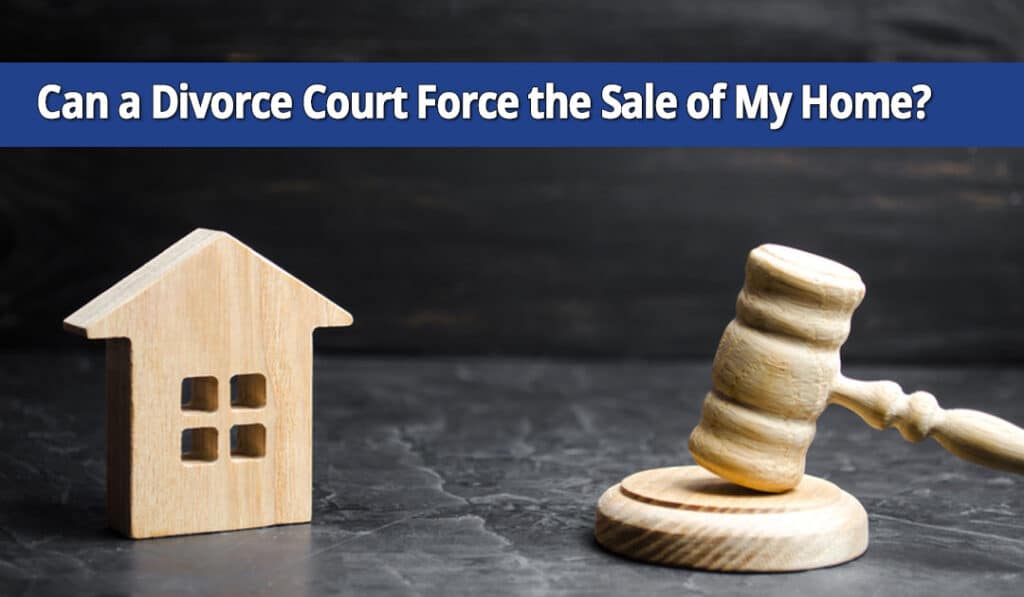Can a Long Island, NY Divorce Court Force the Sale of My Home?

The family home is often the most valuable asset that a couple owns and is frequently a source of contention during a divorce. The question of whether a divorce court in Nassau County or Suffolk County can force the sale of a home is one that many people face during this difficult time. Below, we explore the answer to this question and look at the implications of a forced sale of a home in a divorce. We’ll also provide some options for what you can do if your home is ordered to be sold in divorce.
Dividing Assets in a Long Island, NY Divorce
In a divorce, all of the couple’s marital assets are typically divided between them. This includes both financial assets such as savings and investments, as well as physical assets such as property and possessions. The division of assets is usually done through negotiation between the divorcing parties, normally with each party attempting to get the best possible outcome for themselves. If an agreement can’t be reached, then the court will decide how to divide the assets for the couple.
Dividing the Family Home
When it comes to dividing up the family home, there are a few different options that can be considered.
#1. One option is for one spouse to buy out the other’s interest in the property.
#2. Another option is for the property to be sold and the proceeds split between both spouses.
#3. Or, one spouse may keep ownership of the property and rent it out to the other spouse until they can afford to buy them out.
In many cases, the divorcing couple disagrees on what to do with the home. One spouse may want to keep the home while the other wants to sell it and split the proceeds. There is often an emotional attachment to the home, which can make the decision even more difficult. The final decision on what happens to the family home in a divorce rests with either agreement between both parties or with a judge making the decision if no agreement can be reached.
Can a Long Island, NY Divorce Court Force the Sale of My Home?
Under certain circumstances, a divorce court in Nassau County or Suffolk County may order the sale of a family home regardless of what either of the spouses want. This is most likely to happen if the home is the couple’s primary asset and the couple cannot agree on what to do with the property. The court may also order the sale of a home if one spouse plans to move out of state and wants to sell the property.
The Consequences of a Forced Sale in NY
A forced sale of a home can have major consequences for both spouses. If the couple has children, they will need to find new housing that meets their needs and budget. The proceeds from the sale of the home will need to be divided between the spouses, which can be complicated if there is still mortgage debt on the property. One spouse may end up having to buy out the other spouse’s interest in the property, or one spouse may be unable to afford to stay in the home after the divorce.
What Are My Legal Options?
If you have been ordered to sell your home in a divorce, there are a few options available to you for what you can do next.
#1. You Can Buy Your Spouse’s Interest in the Home
If you have the money or good enough credit, you may be able to buy out your spouse’s interest in your home. This can be done by refinancing the mortgage in your name only or by taking out a new loan. However, you will need to make sure that you can afford the mortgage payments on your own before taking this step, otherwise, you could end up in foreclosure and lose everything.
#2. You Can Move Out and Rent the Property
You may be able to negotiate to rent out the property and split the proceeds with your spouse instead of selling it. This can allow you to keep some equity in the property while reducing or eliminating monthly mortgage payments. That said, you will need to get permission from your lender and the court before renting out the property.
If a judgment has been made regarding your home in your divorce proceedings, this is almost always final. Most often, it’s in your best interests to negotiate what to do with your marital home before a judge can decide for you.
When to Contact a Long Island, NY Divorce Attorney
The family home is often one of the most contentious issues in a divorce. While it may be emotionally difficult to part with, there are circumstances under which a divorce court can force the sale of a home. If you find yourself in this situation, it’s important to understand your options and the implications of a forced sale. With careful planning, you can make the best of a difficult situation. Call Hornberger Verbitsky, P.C. today at 631-923-1910 or fill out the short form on this page to make an appointment to discuss your situation with an experienced Long Island, NY divorce attorney.
GET YOUR FREE CONSULTATION TODAY
Call 631-923-1910 or fill in the form below
Horberger Verbitsky, P.C. partners Robert E. Hornberger, Esq. and Christine M. Verbitsky, Esq.
Get your complimentary consultation and case evaluation with our experienced attorneys today.
Your attorney will describe the many options available and determine together which is the right solution for you. By the end of this conversation, we’ll all understand how we can best help you to move forward.
No Cost or Obligation
There is no cost or obligation for this initial consultation. It is simply an opportunity for us to get to know each other, answer your questions and learn if Hornberger Verbitsky, P.C. is right the right law firm for you. Give us a call at 631-923-1910 or fill in the short form below for your free consultation and case evaluation.
All Fields Are Required
